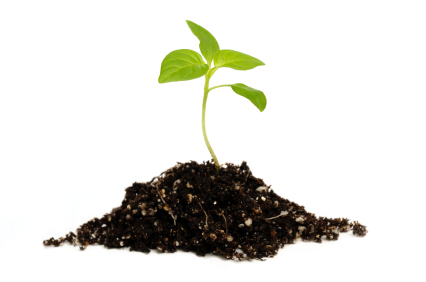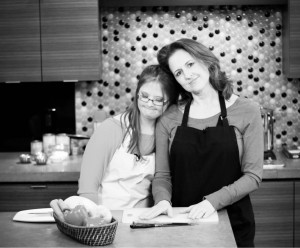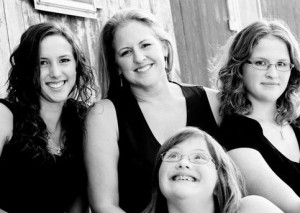
Opinion
Valerie Strohl is the proud parent of a 12 year-old with Down Syndrome. She has been the Chairperson of the Interagency Coordinating Council for Infants and Toddler, First Steps, for three Indiana Governors from 2001-2006. Valerie led one of the largest grass-root efforts in the history of Indiana for families of loved ones with disabilities. Read more from her blog and on Twitter


 About Valerie
About Valerie
